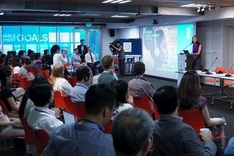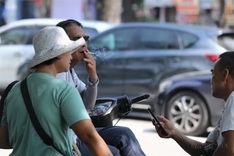
“However, in Vietnam, positive sentiment did not lead to strong FMCG [fast-moving consumer goods] sales, with the market up just 1.8 per cent in the first quarter. This growth was slower than expected and reflected the volatility of the FMCG industry, possibly due to changing consumer behavior.”
After covering essential living costs, Vietnamese consumers were eager to spend on big ticket items to enhance their quality of life. This desire has slowly grown in the last four quarters. Vietnamese consumers still, however, had a strong affinity for saving.
Ms. Quynh explained that while health insurance was once thought of years ago as a luxury, Vietnamese consumers are now starting to get financial assistance to pay for health insurance programs. And this trend reflects one of the changes in consumers’ mindsets. When they cover themselves with insurance plans, they can have a much-needed sense of protection.
“In today’s world of information and technology, consumers are better informed as they can easily search for news and information,” she added. “They can foresee some short-term challenges such as the current condition of the economy, job security, health and work-life balance. These concerns may result in curbing their discretionary spending this year, and therefore consumer-facing businesses need to keep a close eye on changes in consumer sentiment.”




















